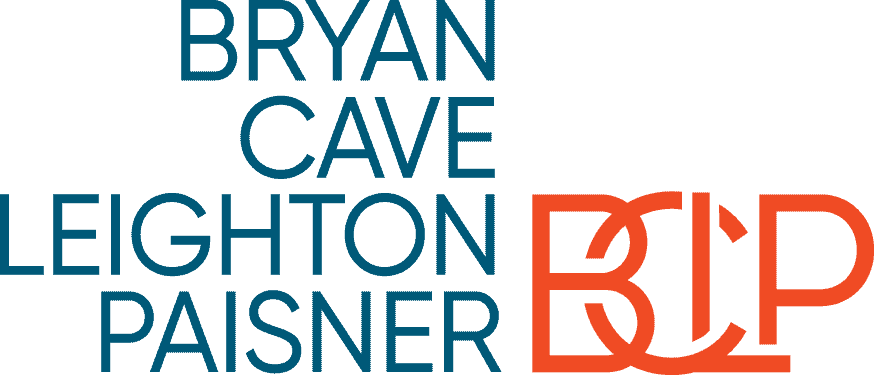
The Bank Director’s Approach to M&A: Stay Out of Hot Water
Brought to you by Bryan Cave Leighton Paisner

 In today’s environment, many bank directors are faced with difficult strategic decisions regarding the future of their organizations. We have been involved in many great board discussions of whether it is best for the bank to continue to grind away at its business plan in this slow growth environment or to look for a business combination opportunity that will accelerate growth. There is rarely a clear answer in these discussions, but some guidelines are helpful: All directors must respect the conclusion of the full board of directors and follow the appropriate process established by the board with respect to merger opportunities.
In today’s environment, many bank directors are faced with difficult strategic decisions regarding the future of their organizations. We have been involved in many great board discussions of whether it is best for the bank to continue to grind away at its business plan in this slow growth environment or to look for a business combination opportunity that will accelerate growth. There is rarely a clear answer in these discussions, but some guidelines are helpful: All directors must respect the conclusion of the full board of directors and follow the appropriate process established by the board with respect to merger opportunities.
Over the years, we have seen a number of instances in which one or more bank directors conduct merger discussions with potential partners without bringing the opportunity to the full board of directors immediately. In many cases, these directors are acting in good faith and simply leveraging relationships they have with other bankers or bank directors. In other cases, these directors may feel the need to engage in these discussions because they disagree with the full board’s strategy of remaining independent. However, all directors should understand that it is in the bank’s best interest, and the director’s own personal best interest, not to take matters into their own hands without authorization by the board of directors.
As a result, we have long recommended that bank and holding company boards adopt a formal policy regarding corporate change. This formal policy establishes guidelines for all bank directors and members of management to follow when they become aware of merger opportunities. Specifically, the policy requires:
- that all merger and other strategic business opportunities be presented to the full board of directors or a designated committee thereof before any substantive discussions take place;
- that no officer or director initiate such discussions without authorization of the full board of directors; and
- that no confidential information regarding the bank be shared with a third party without the authorization of the full board of directors.
The policy also provides talking points for each director or officer to follow if he or she is presented with an opportunity. We find that these talking points are helpful to directors who are not often involved in merger discussions. The policy may also set forth certain procedures to be followed, including requirements for the timely entry into confidentiality agreements and the identification of a designated spokesperson for the bank in the discussions.
We believe there are numerous benefits to adopting and following such a policy. Those benefits include the following:
- ensuring that the board of directors speaks with “one voice” and does not cloud the market with mixed signals, which often helps the bank achieve more favorable terms if it enters into a transaction;
- ensuring that only accurate and up-to-date information is provided to interested parties, which can reduce reputation risks and legal risks; and
- helping to insulate the directors from personal liability with respect to the transaction by following an appropriate process.
In terms of the personal liability of directors, it is very important for the bank and its directors to be able to defend the decision to shareholders to enter into a transaction, given the current environment where pricing may not meet investor expectations. From a legal standpoint, many states have a “business judgment rule” that will insulate directors from personal liability regarding such decisions so long as they are related to a rational purpose and so long as the directors acted with loyalty and due care. Courts carefully review the process followed by boards of directors in determining whether the business judgment rule should be applied. We believe following the steps outlined above provides a critical start to establishing an appropriate process for obtaining the protection of the business judgment rule, and judicial decisions confirm this notion.
Many bank directors are currently facing very interesting and challenging times with respect to the long-term strategies of their organizations. Through respecting the processes established by the full board of directors, bank directors can help ensure the best possible outcome for their banks and for themselves.


